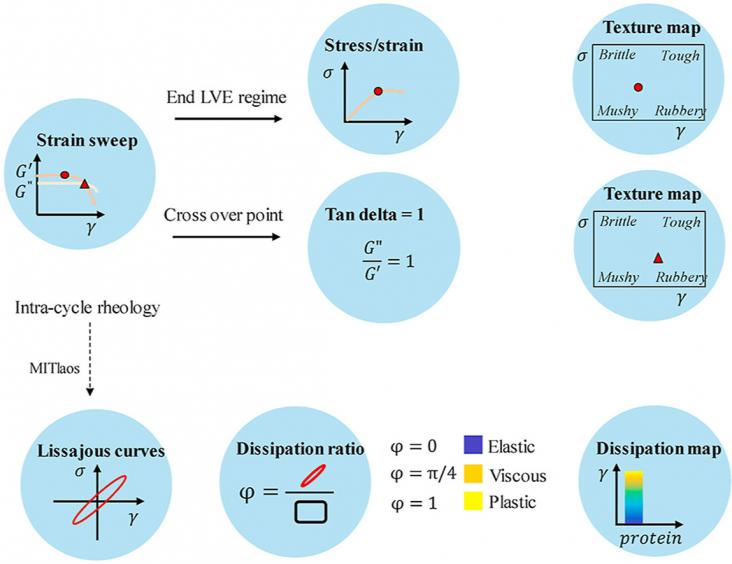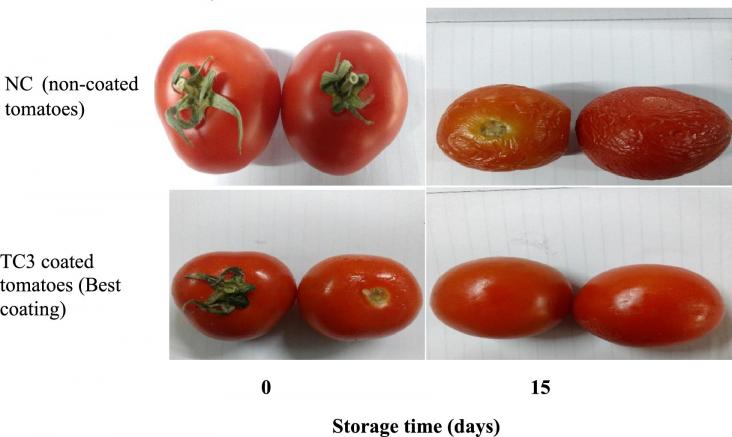This investigation describes patient and family responses to climate change counselling administered by one pediatrician in a Wisconsin clinic.

Agriculture is fundamental to all three pillars of sustainability, environment, society, and economy.

The development of next-generation meat analogues can be accelerated by in-depth knowledge of the rheological properties of dense biopolymer blends.

Research into coatings made from whey protein isolate and xanthan gum which could increase the shelf life of fruit and thus have potential to minimize post-harvest losses and food waste, supporting SDG2: Zero Hunger.
Proven and sustainable practices like climate-smart agricultural practices (CSAPs) need to be prioritized and promoted for uptake especially by the farmers to achieve sustainable development.

Since the launch of the United Nations (UN) Sustainable Development Goals (SDGs) in 2015, the SDGs have been widely adopted by governments and corporations in an effort to improve their sustainabil
An Editorial on the effects of the COVID-19 pandemic on childhood obesity, in the context of SDGs 3 and 12, highlighting the need for governmental and commercial action advocating for healthier nutrition and intersectional collaboration between health and education sectors.
Owing to its versatility, biomass can be used for a range of CO2 mitigation and removal options.

Economically viable electric vehicle lithium-ion battery recycling is increasingly needed; however routes to profitability are still unclear.
Responsive small-molecule fluorescence probe specific for target analyte detection is an emerging technology for food safety and quality analysis.
